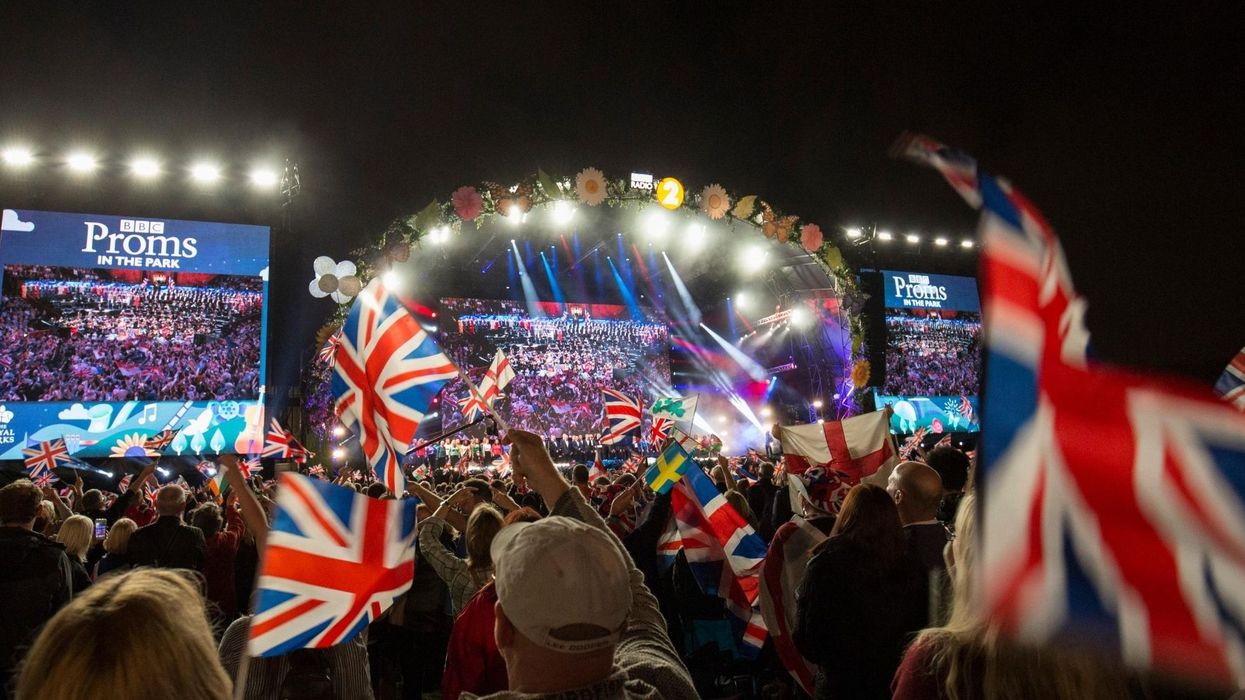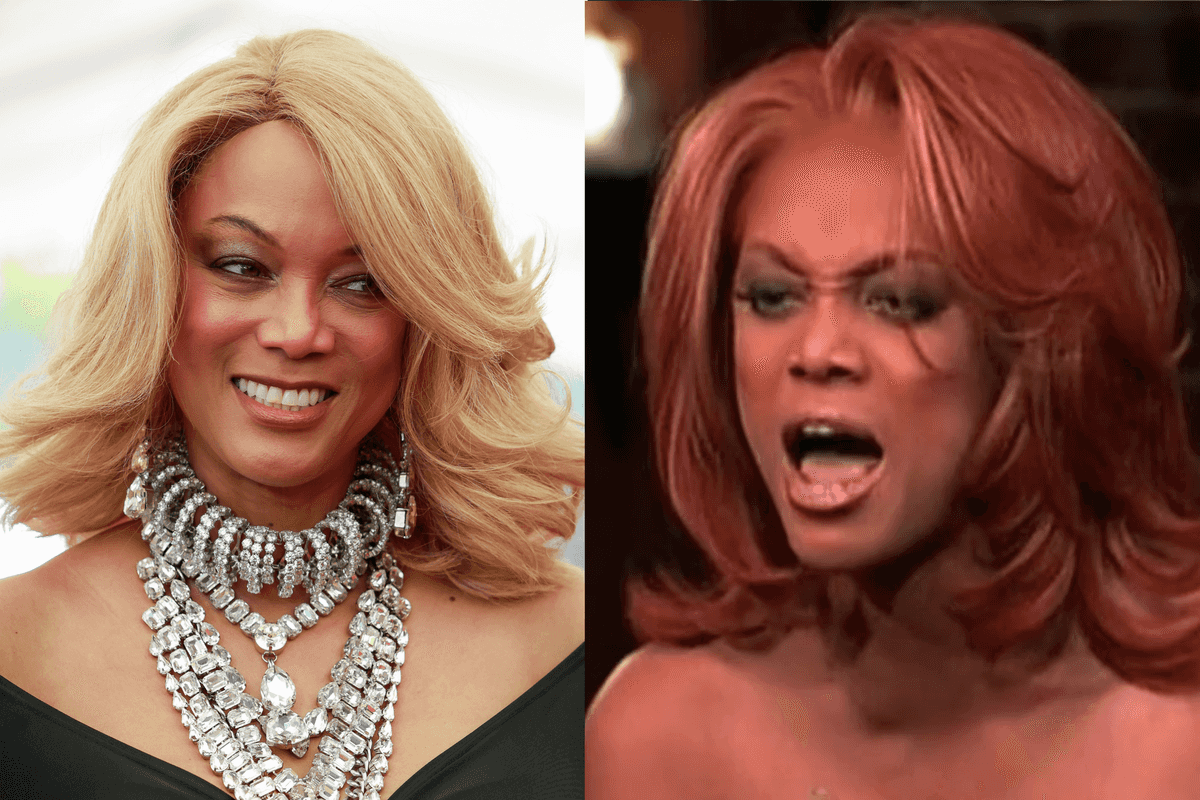
While Rule, Britannia! and Land of Hope and Glory will be performed at the Last Night of the Proms, they will be entirely orchestral the BBC have confirmed.
Reports in The Sunday Times over the weekend suggested that the songs could be dropped altogether, but they will feature – just without the traditional sing-along.
This is primarily because there will be no live audience in attendance and the reduced number of musicians performing will be spread out to allow for social distancing.
As a BBC report explains:
The orchestra-only arrangement was how the tunes were first performed at the Proms in 1905, and it's clear the evening's two rousing sing-along tunes would sound odd and perhaps rather bleak with just a handful of singers spread around an empty hall.
The songs will return with their lyrics when the coronavirus restrictions come to an end. Meanwhile, Jerusalem, another sing-along favourite, will still have its words, as will the National Anthem.
But the report stopped short of completely ruling out the Black Lives Matter protests having some level of influence over the decision.
Some people interpreted the changes as being in response to concerns about the British Empire's legacy of colonialism and participation in the slave trade.
The songs were originally written to honour the British Empire.
Errol Wallen, who composed Jerusalem's new arrangement, wrote on Twitter that she hoped to "remember the Commonwealth" and Windrush generation in her music.
Meanwhile, conductor Dalia Stasevska is reported in the Sunday Times as having said it's time "to bring change" to the Proms in the light of the Black Lives Matter protests.
The backlash was intense. Downing Street waded into the row, with a spokesperson for Boris Johnson saying:
This is a decision and a matter for the organisers of the Proms and the BBC.
But the PM previously has set out his position on like issues and has been clear that while he understands the strong emotions involved in these discussions, we need to tackle the substance of problems, not the symbols.
Culture secretary Oliver Dowden wrote on Twitter that "forward-looking nations don't erase their history".
Many more MPs and commentators condemned the BBC's decision, even after it was clarified that orchestral versions of the songs would be played.
And Nigel Farage, of course, had some input too.
But others were less sure what the big deal is.
Should the government even have an opinion on this?
A spokesperson for Keir Starmer reportedly told The Sun that:
The running order is a matter for organisers and the BBC, but enjoying patriotic songs does not [...] present a barrier to examining our past.
Most of the people commenting on the BBC's Proms decision appeared to be those who oppose it.
Because although Rule, Brittania! and Land of Hope and Glory do have colonial histories, the point of the Black Lives Matter protests was never really about song lyrics anyway.
And this feels like yet another culture war fuelled distraction.













